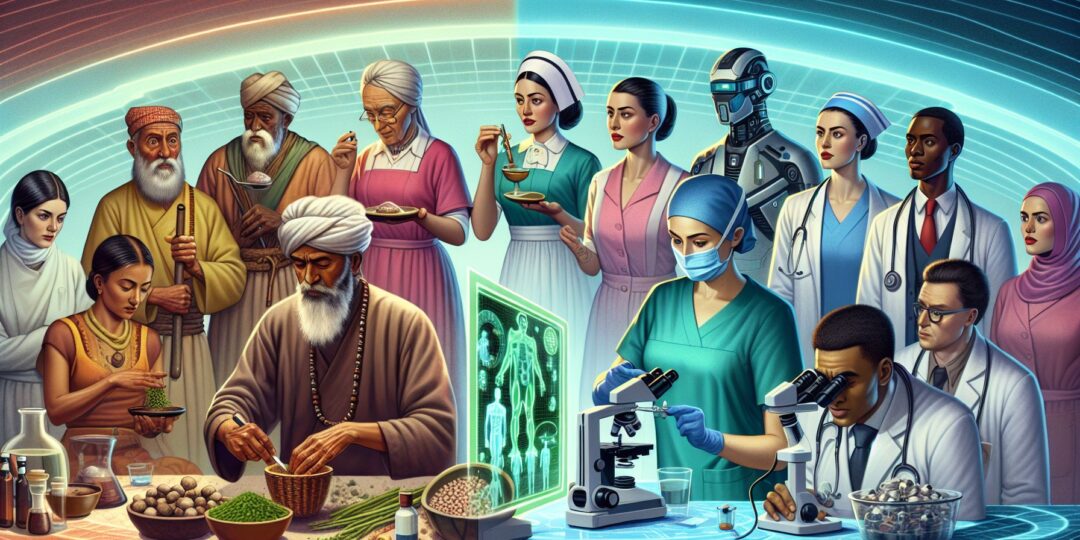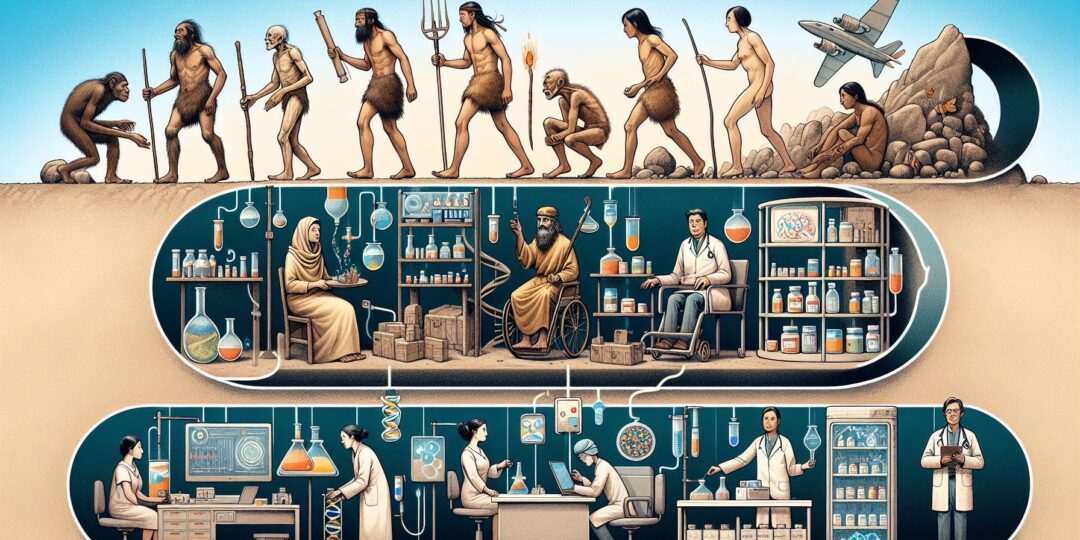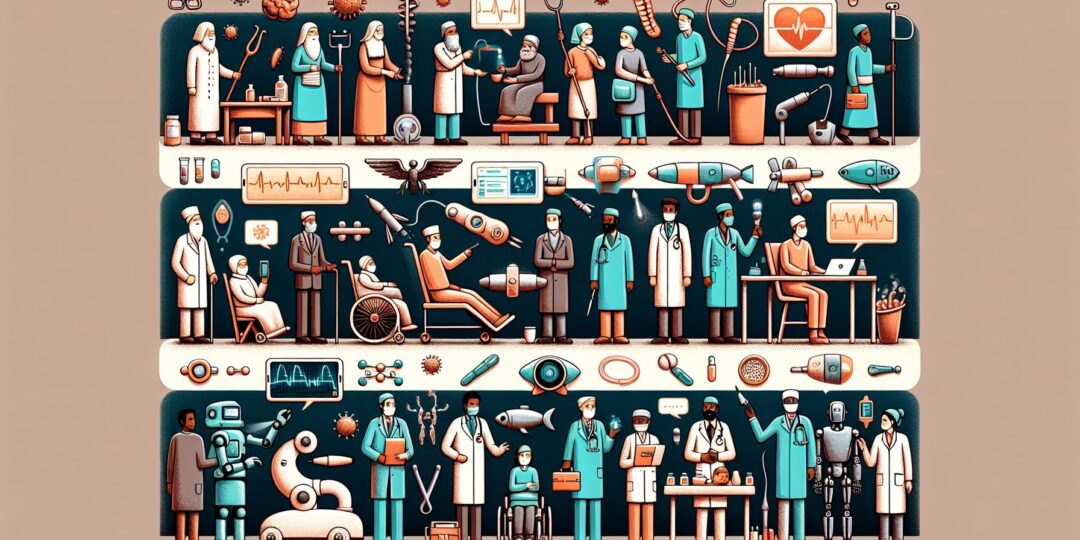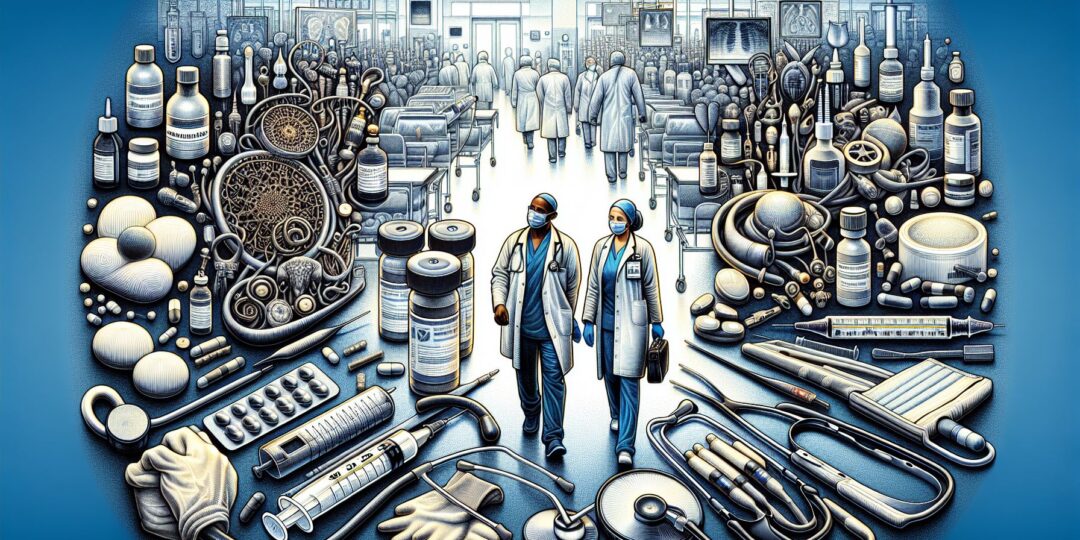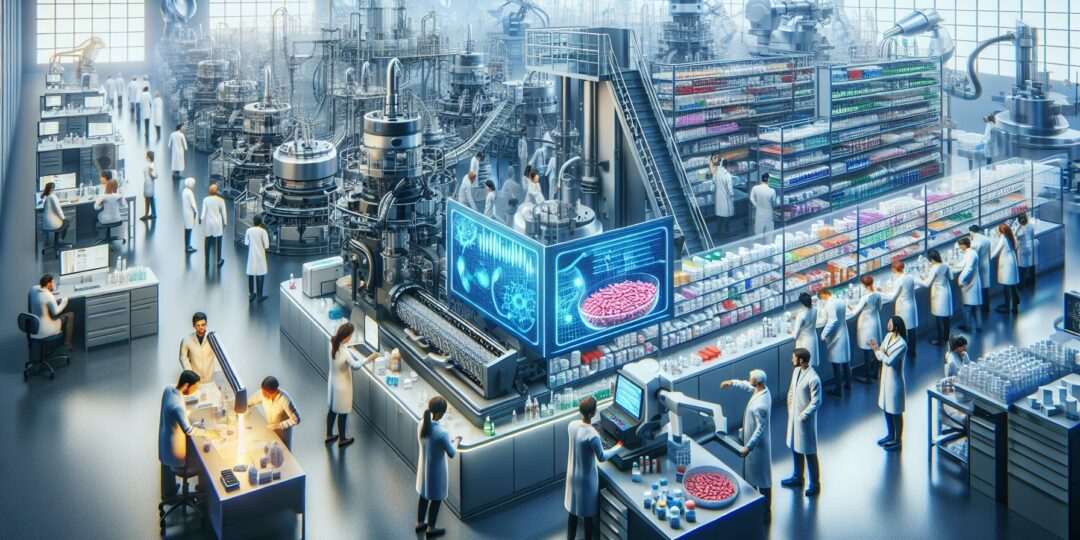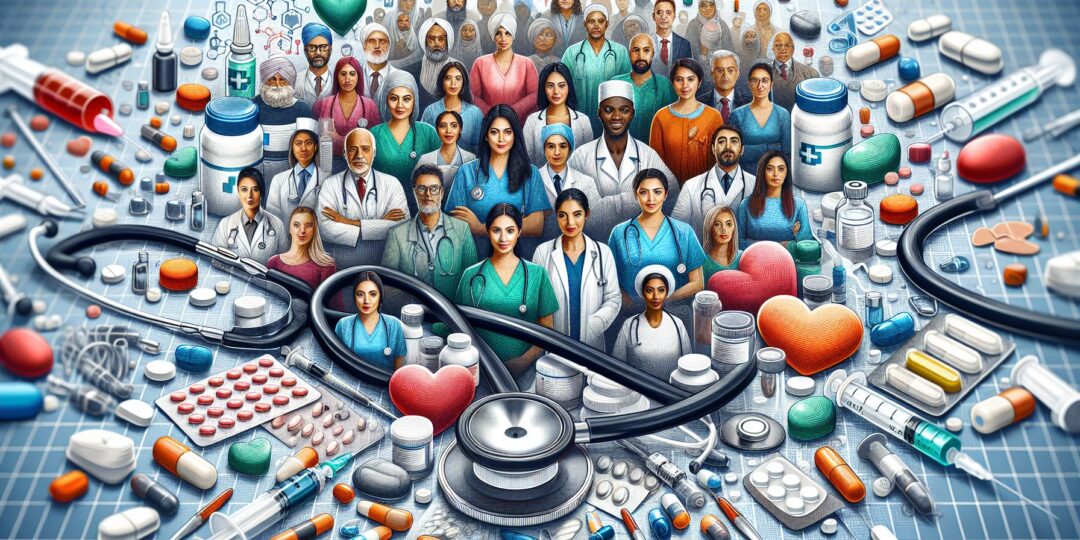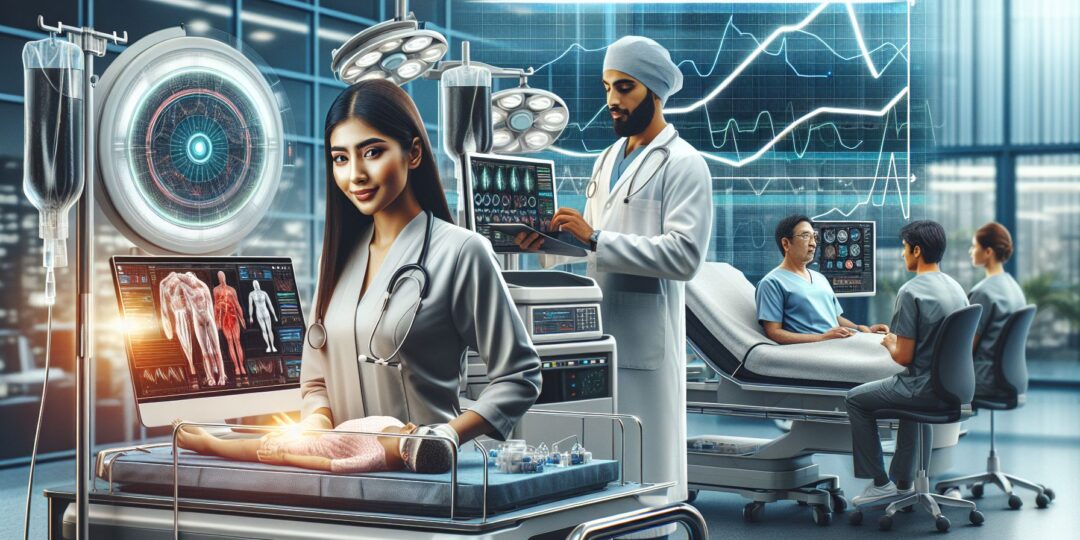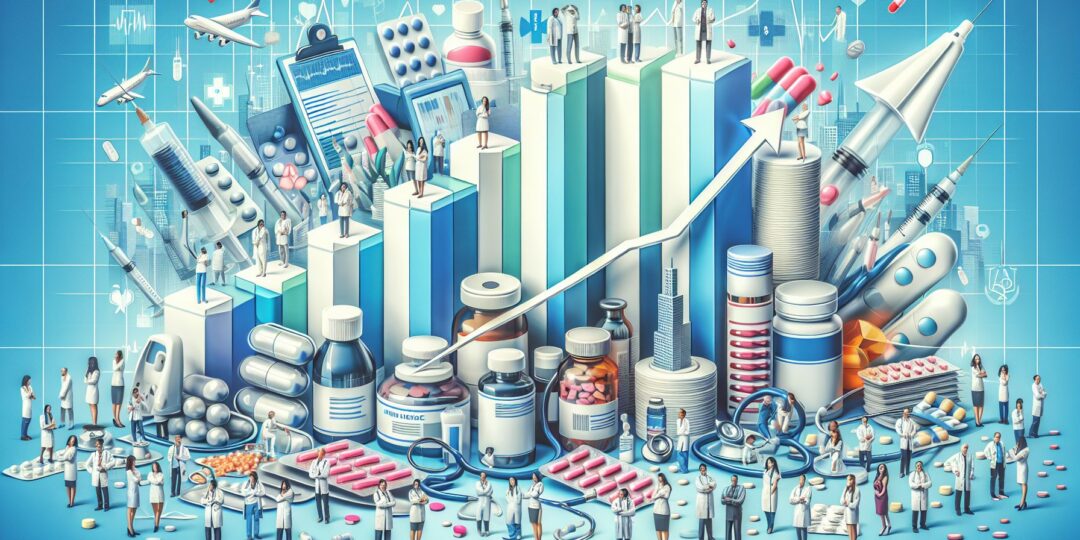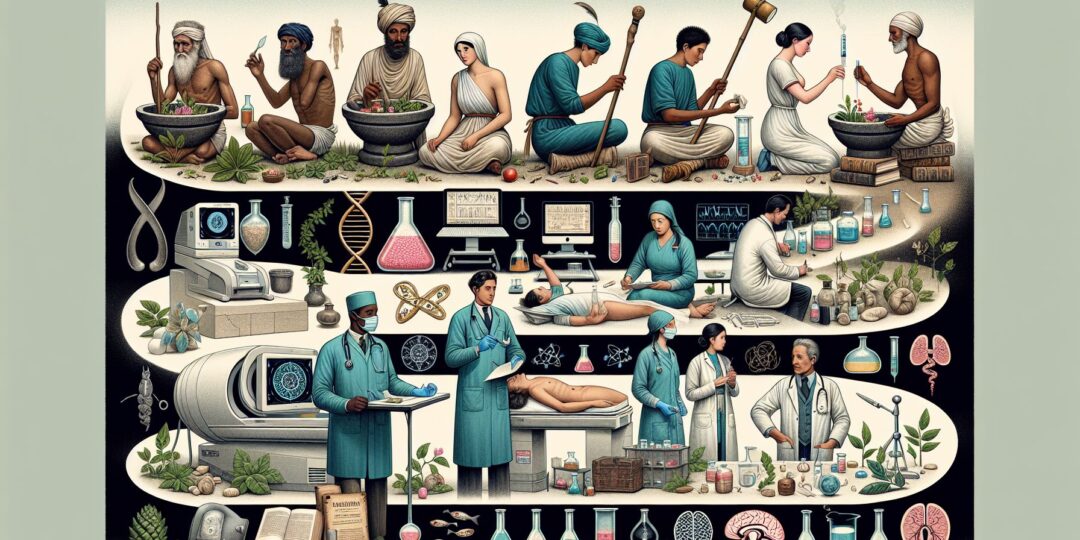The medical field is constantly evolving, with new technologies and products being developed to improve patient care and outcomes. From diagnostic tools to surgical instruments, the range of medical products available is immense, and the industry continues to grow at a rapid pace.
One of the key drivers of this growth is the increasing demand for innovative solutions to complex medical problems. As our understanding of diseases and medical conditions improves, so too does our ability to develop new products to diagnose, treat, and manage these conditions. This has led to the development of cutting-edge technologies such as precision medicine, in which treatments are tailored to individual patients based on their genetic makeup and other factors.
Advancements in medical products have also been driven by the need to improve patient safety and reduce the risk of medical errors. For example, the development of electronic health records has made it easier for healthcare providers to access and share patient information, leading to more coordinated and efficient care. Similarly, the use of barcode technology in medication administration has helped to reduce the risk of medication errors and improve patient safety.
In addition to these technological advancements, the medical products industry has also seen significant growth in recent years due to increasing healthcare spending around the world. As populations age and the prevalence of chronic diseases such as diabetes and heart disease continues to rise, the demand for medical products and services is expected to increase, driving further innovation in the industry.
However, the rapid pace of innovation in the medical products industry also presents challenges, such as ensuring the safety and efficacy of new products, and navigating the complex regulatory landscape. As a result, companies in the medical products industry must be diligent in their research and development efforts, ensuring that their products meet the highest standards of quality and safety.
In conclusion, the rapid pace of innovation in the medical products industry is revolutionizing patient care and driving significant advancements in healthcare. With new technologies and products constantly being developed, the future of medicine looks bright, with the potential to improve outcomes for patients and healthcare providers alike. As the industry continues to grow and evolve, it is essential that companies remain focused on quality and safety, to ensure that patients receive the best possible care.…
Continue reading